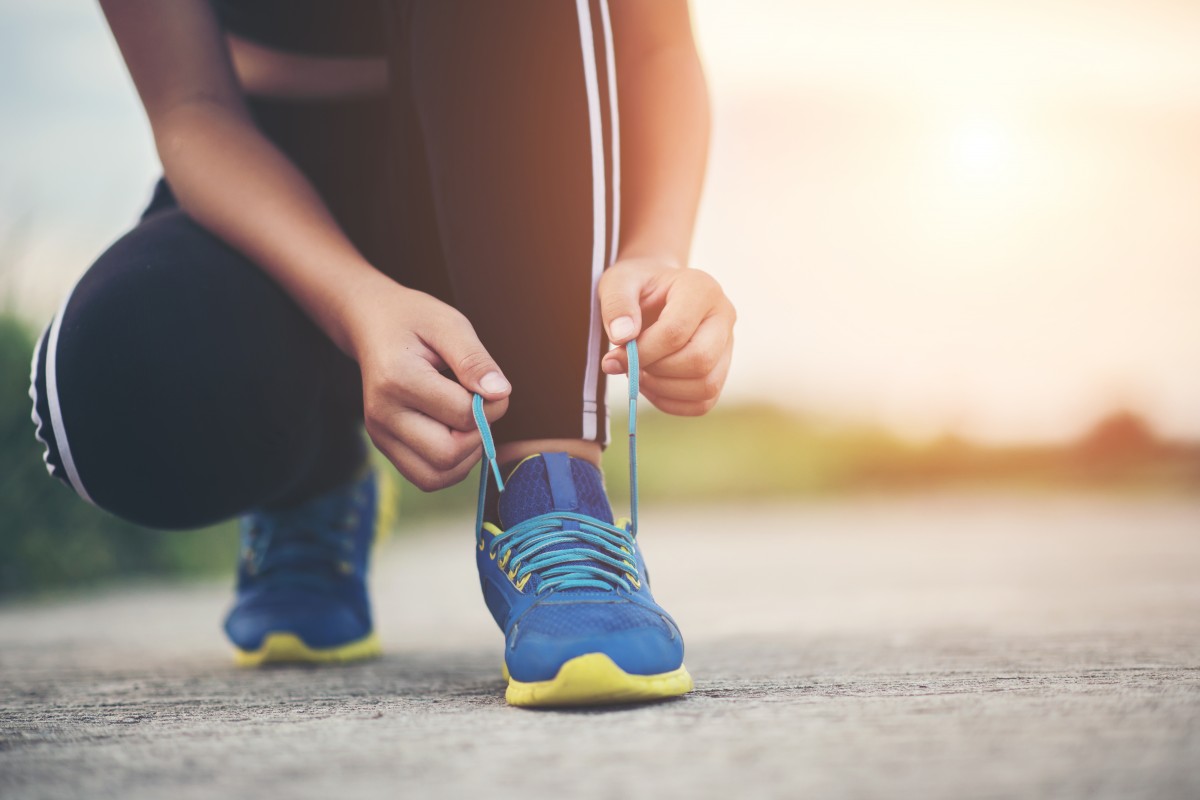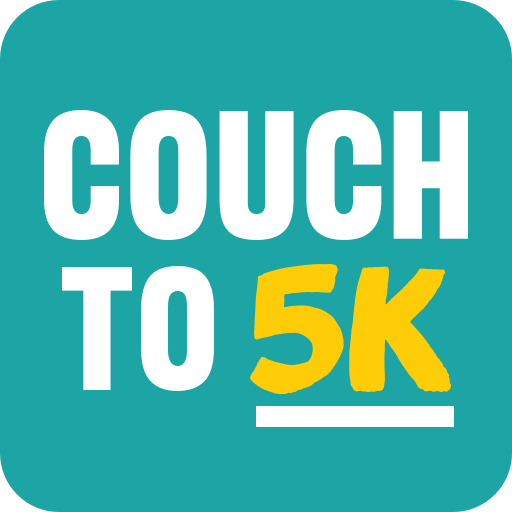We know that physical activity and exercise can improve your health and reduce the risk of developing several diseases like type 2 diabetes, cancer and cardiovascular disease, which is supported by evidence that those who keep physically active appear to live longer. Without regular activity, your body slowly loses its strength, stamina and ability to function properly. There is also mounting evidence that regular physical activity can relieve stress, anxiety, depression and anger.
Below are a range of resources designed to support you improve your physical fitness, including a quiz about your current activity levels to get you started with some tailored ideas for you. Your local physiotherapist and GP practice team will also be able to offer you advice around improving your general fitness as well as specific support with any concerns you may have. Let's move Lincolnshire webpage will help you find out what activities are available in you local area.
OneYou Lincolnshire have a number of free health and wellbeing programmes which include for example increasing weekly exercise, and help with weight loss these can be signed up to by yourself, you do not necessarily require a referral from a healthcare professional.
Goodboost Water and Land based Exercise is available in selected leisure centres around Lincolnshire, this is an initiative ran in co-operation with Active Lincolnshire use LetsMoveLincolnshire's Activity Finder to check if GoodBoost is available in Locations near you.
Returning to physical activity following illness should
always be approached carefully, and for those recovering from COVID-19 extra
caution is being advised. This is due its recency meaning a lot about the
condition is still unknown and early research suggests that there may be
long-term health complications if individuals excessively strain themselves
while the body recovers from its effects.
Allow for 7 days of symptom-free rest following the initial
10-day self-isolation period. After this, the following can be used as a guide
to slowly increase exercise levels when following the advice below:
|
|
Exercise examples
|
Duration
|
Exertion level (/10)
|
Heart rate (if monitored)
|
|
Stage 1 |
Walking, light yoga/pilates, stretching |
<20 minutes |
< 3 |
< 60% of max |
|
Stage 2 |
Longer walking/light jogging intervals, light cycling, regular
yoga/pilates, low intensity bodyweight exercises |
30 minutes |
4-5 |
<70% of max |
|
Stage 3 |
Continuous running/cycling, resistance training |
<45 minutes |
5-6 |
<80% of max |
|
Stage 4 |
Increased intensity of previous activity. |
<60 minutes |
6-7 |
<80% of max |
|
Stage 5+ |
Return to previous activities if in excess of the above |
60+ minutes |
7+ |
N/A |
You should spend a minimum of 7 days at each stage before progressing, and only
exercise if you feel fully recovered from your last bout of activity. Do not
progress to the next stage unless you can tolerate the given level with no
adverse effects felt. Equally, drop to the previous stage if you are struggling
with the one you are at before building back up after at least another 7 days.
If at any stage you present with symptoms relating to COVID (in particular
mental or physical fatigue, shortness of breath or headaches), reduce all
activity and seek advice from a healthcare professional.
The NHS Couch to 5k pathway can be a good way to negotiate
stages 2 and 3 so long as it is within exertion range. A link to this can be
found on our “Getting Fit” page.
Some elements of fatigue are to be expected but if these are
persistent and do not relatively settle with a reduction in exertion levels,
stop all activity besides light walking and seek advice.
As a rule of thumb, the more severe your symptoms were at
the time of infection the more caution you should take when progressing your
activity levels.
It might help to keep a diary when first returning to
activity. This can be useful to monitor symptoms, energy levels, sleep quality,
and other markers which may assist with the return to make sure you do not
progress too quickly.
If you are in any doubt regarding returning to or increasing
physical activity post-COVID infection, please consult your GP or relevant
healthcare practitioner.
Source: Salman, David,
et al. "Returning to physical activity after covid-19." bmj 372
(2021) Returning to
physical activity after covid-19 | The BMJ
Elliott, Niall, et al. "Infographic. Graduated return to play guidance following COVID-19 infection." British journal of sports medicine 54.19 (2020): Infographic. Graduated return to play guidance following COVID-19 infection | British Journal of Sports Medicine (bmj.com)
Visit the NHS website to take the 10-minute quiz helps you identify areas of your physical health you may be able to improve and provides top tips as to where to start.
This NHS website provides a wealth of resources covering all aspects of fitness, including online fitness classes (strengthening, Pilates, yoga), meditation and mindfulness, and couch to 5K programmes.
Parkrun organise free, weekly, 5km timed runs around the world. They are open to everyone, free, and are safe and easy to take part in.
This NHS website contains all you need to know about exercise, its benefits and how to getting started.



